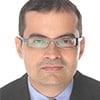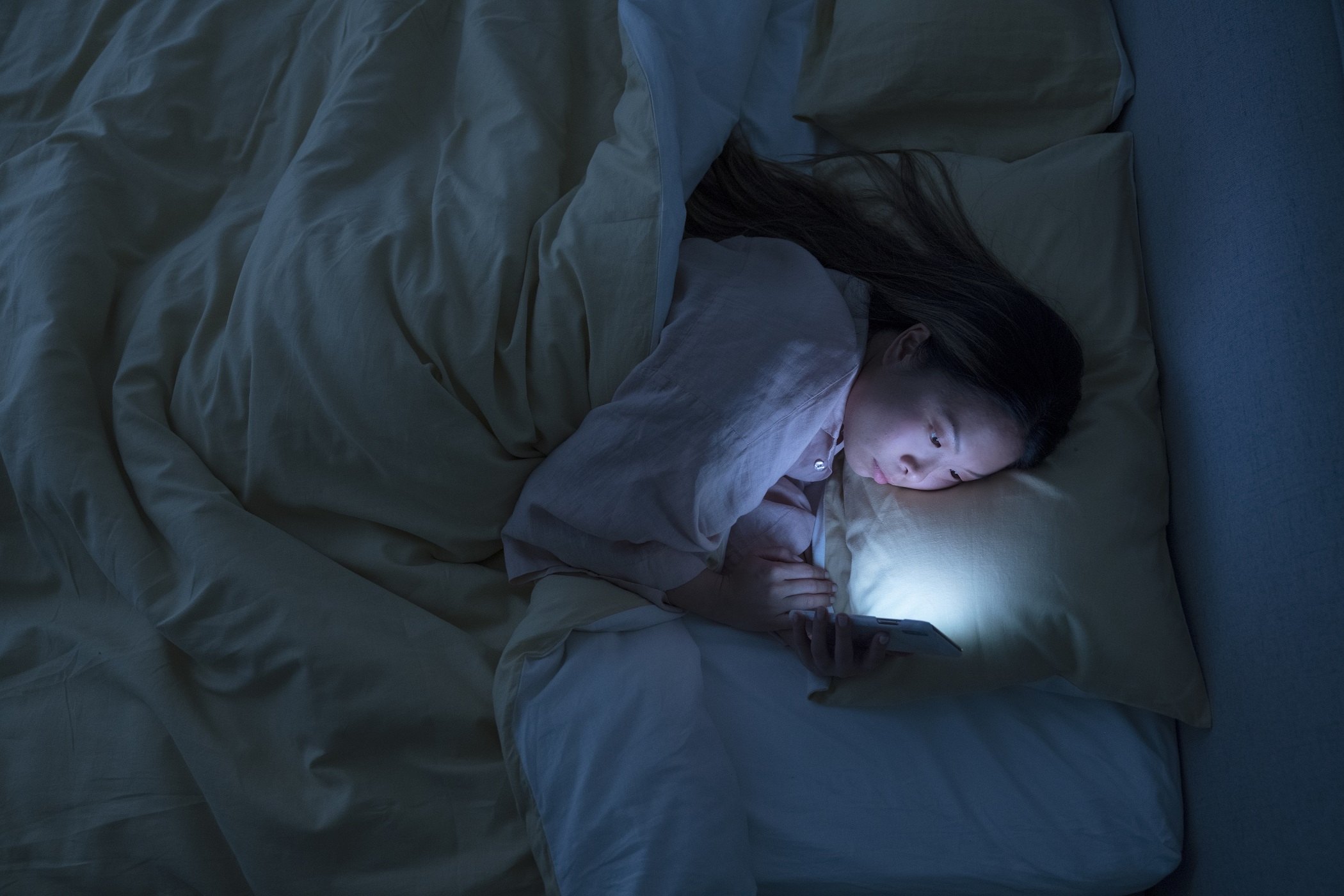Mar 17, 2021
COVID-19's Effect on Sleep Revealed in New Philips Sleep Study
[Malaysia] – Across Asia Pacific1 and the world, people have experienced at least one or more new sleep challenges since the beginning of COVID-19, with nearly two-thirds (62%) of those surveyed saying the pandemic has directly impacted their ability to sleep well. This finding was among others announced by Royal Philips (NYSE: PHG, AEX: PHIA), a global leader in health technology, in its 6th annual sleep survey, “Seeking Solutions: How COVID-19 Changed Sleep Around the World”. As with fears and concerns in any crisis, the pandemic has exacerbated the sleep woes of people globally. Almost a year since the onset of COVID-19, according to Philips 2021 global sleep survey released to coincide with World Sleep Day 2021 (March 19), people in APAC are reporting sleeping more, averaging 7.2 hours of sleep per night (vs 7.1 hours in the 2020 survey), yet one in four (41%) feel that they are not satisfied with their sleep. Despite the challenges, people across APAC are taking action in the quest for a better sleep – including turning to online resources and telehealth for help.
People across the region face hurdles each night in getting a good sleep For half of the respondents in APAC surveyed, their sleep patterns have been altered by the pandemic – nearly a quarter (22%) say that they now sleep less each night, with just 35% saying that they feel well-rested most of the time when waking up in the morning and 44% experiencing daytime drowsiness. Falling into a deep, continuous sleep is a challenge for many, with those surveyed facing difficulties like waking up during the night (42%), falling asleep (33%), and staying asleep (26%). Worry and stress rank as the top reason for APAC adults’ lack of sleep (21%), as well as their mobile devices such as phones and tablets (17%) and sleeping environment (16%). People in APAC kept awake by worry/stress say they worry most about their financial challenges (54%), work responsibilities (52%), their own/families’ health (38%), and family in general (34%). Nearly half (43%) also worry about the ongoing COVID-19 pandemic. Mobile use leading to inconsistent sleep habits For those accustomed to using their mobile phones in bed, half (50%) say it’s the last thing they do before falling asleep and the first thing they do when waking up (51%). Most use it for entertainment (49%), charging their phone overnight next to their bed (37%), and over one in five (22%) even respond to texts and calls that wake them up. The majority of respondents who use their phone before falling asleep (78%) admit that it leads them to fall asleep later than they would like to, due to scrolling through social media (75%), watching videos (67%), checking emails (39%), texting (37%), or reading news about the COVID-19 pandemic (45%). Taking action towards a better sleep To get a better night’s sleep, people in APAC are now experimenting with a variety of methods, including playing soothing music (41%), reading (40%), watching television (39%), having a set bedtime/wake-up schedule (35%), reducing caffeine consumption (25%), and using sleep trackers or monitoring their sleep (18%). Positively, those in APAC are also turning towards telehealth and online health resources to address sleep issues. Half (50%) say the first time they had a telehealth appointment was during the pandemic. With the increased reliance on telehealth during the pandemic, six in ten (60%) respondents expressed a willingness to seek help for sleep related concerns in future from a sleep specialist via telehealth services, although many have yet to take that step. General awareness of the importance of sleep and the need to tackle underlying sleep issues is also making people in APAC more open to seeing a sleep specialist (45%), their primary care physician (41%), looking into online health sources and websites for information (41%), and using telehealth or seeing a specialist online (40%).
“The tools required to deliver telehealth efficiently and reliably already exist, and the interest from consumers is apparent, particularly in the face of COVID-19, “When used properly, sleep telehealth has the potential to enhance efficiency and quality of care, improve health outcomes, empower patients to make informed decisions, and provide equitable healthcare for all.”
Dr. Teofilo Lee-Chiong
MD, Chief Medical Liaison, Sleep & Respiratory Care at Philips.
Taking the bold step to address sleep issues such as OSA While people in APAC are positively seeking ways to address sleep issues, fear continues to hinder individuals from getting diagnosed for sleep conditions such as obstructive sleep apnea (OSA). One in three (31%) are afraid to take a sleep test as they don’t want to know if they have OSA, with 28% believing it is not necessary to be treated for OSA. As a seldom-discussed, under-diagnosed condition, OSA is characterized by repeated interruptions in breathing throughout the sleep cycle, preventing oxygen from reaching the lungs2. With the prevalence of sleep-disordered breathing estimated at about 15% in adults, compounded by risk factors like obesity where about two-thirds of Malaysian adults are overweight or obese, it is crucial to diagnose and treat OSA with urgency3,4. Symptoms of OSA include choking or gasping for air during sleep, loud and persistent snoring and excessive daytime fatigue, and poor concentration during the day.
With Malaysians working from home now more than ever, most would find shutting down for the day difficult. Since adapting the ‘always on’ mentality, it is no wonder that Malaysians do not get enough quality sleep,” said Muhammad Ali Jaleel, Country Manager, Philips Malaysia. “Getting sufficient quality sleep is vital to ensure higher productivity and overall wellness. Malaysians with sleep issues should definitely look into getting diagnosed and treated for serious underlying sleep-related chronic conditions.”
Muhammad Ali Jaleel
Country Manager, Philips Malaysia.
In conjunction with World Sleep Day, Philips has launched an Online Sleep Quiz and Home Sleep Test for individuals to assess their sleep issues and get diagnosed for OSA. Participants who are assessed as having high risk of OSA through the online sleep quiz will be offered a home sleep test at RM199 (U.P: RM350) all done in the comfort of their home. Should they be diagnosed with OSA, they will be referred to a sleep specialist for a follow-up. To learn more about the Global Sleep Survey and Philips’ commitment to improving access to sleep technology worldwide, visit Philips.com/WorldSleepDay.
1 APAC countries surveyed: Australia, China, India, Japan, Singapore, South Korea 2 Philips. About Sleep Apnea. Available from: https://www.philips.com.sg/c-e/hs/sleep-apnea-therapy.html 3 Asha’ari, Z. A. . (2018). Obstructive Sleep Apnea: The ‘Noisy’ Killer. IIUM Medical Journal Malaysia, 17(3). https://doi.org/10.31436/imjm.v17i3.242 4 World Health Organisation. (2019). Malaysia and WHO call for more investment in primary health care the 21st century
About Royal Philips
Royal Philips (NYSE: PHG, AEX: PHIA) is a leading health technology company focused on improving people's health and well-being, and enabling better outcomes across the health continuum – from healthy living and prevention, to diagnosis, treatment and home care. Philips leverages advanced technology and deep clinical and consumer insights to deliver integrated solutions. Headquartered in the Netherlands, the company is a leader in diagnostic imaging, image-guided therapy, patient monitoring and health informatics, as well as in consumer health and home care. Philips generated 2020 sales of EUR 19.5 billion and employs approximately 82,000 employees with sales and services in more than 100 countries. News about Philips can be found at www.philips.com/newscenter.
Topics
Contacts

Sheo S. Rai
Senior Manager
Brand and Communications
Philips ASEAN Pacific
Media assets
| COVID-19's Effect on Sleep Revealed in New Philips Sleep Study. |
| Philips’ sleep survey found that those who use their phone before bed experienced more difficulty falling asleep. |










